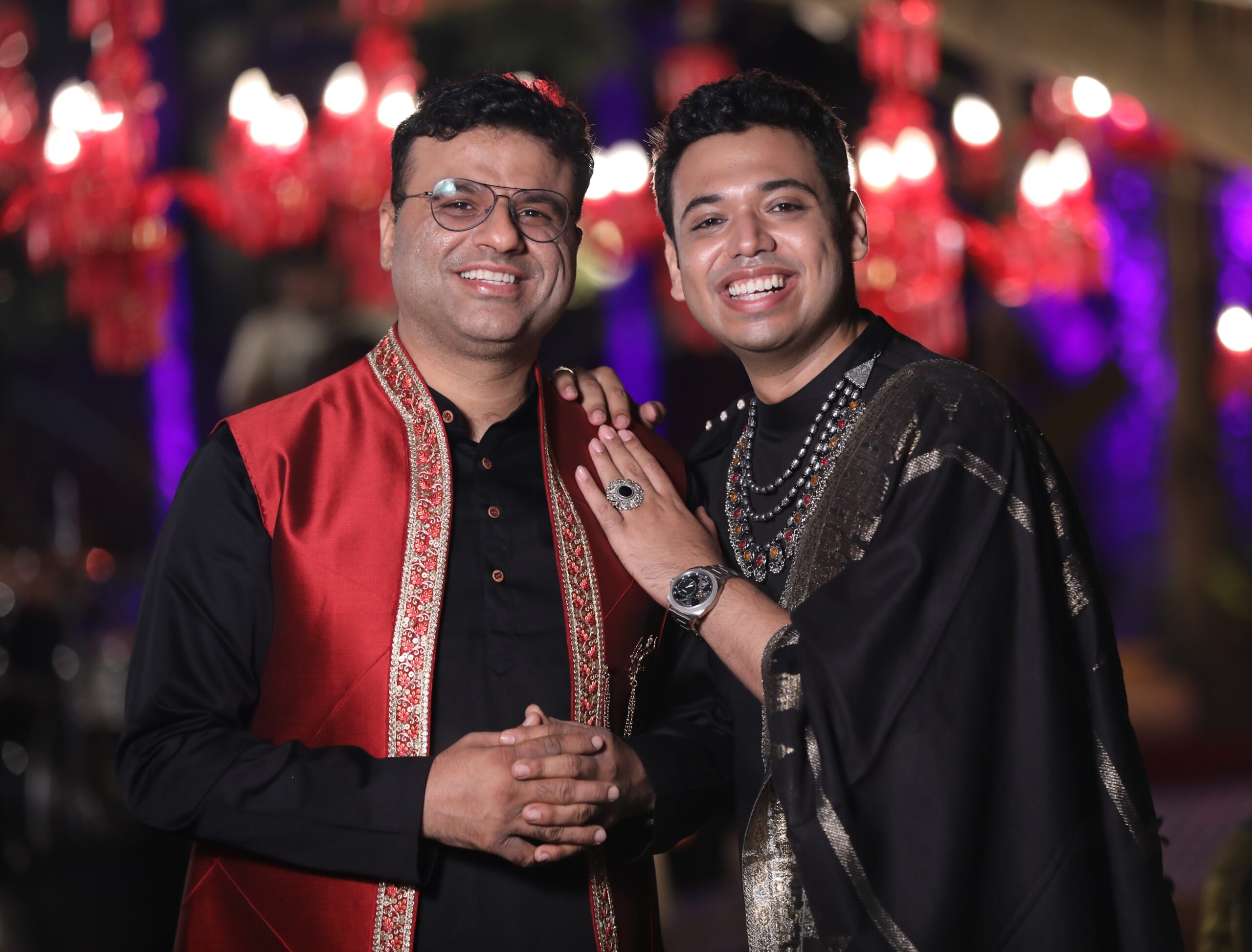On October 17, 2023, the Supreme Court held in Supriyo Chakraborty v Union of India that there is no fundamental right to marry. Though the bench differed on multiple issues, it was a unanimous decision to not read the right to marry as a fundamental right for all persons, heterosexual or non-heterosexual.

The Indian Constitution does not explicitly recognise the right to marry as a fundamental right. However, that does not shun the possibility of it becoming a constitutionally guaranteed right. The Constitution has been expansively interpreted before and the right to health, education etc. are examples of penumbral rights read in within the existing provisions.
With respect to the right to marriage and choice of partner, the Supreme Court had developed a progressive and transformative jurisprudence. Starting from the 2006 case of Lata Singh v Union of India, the SC held that the petitioner had the right to choose the partner whom she wanted to marry and the law does not prohibit inter-caste marriages. In Justice KS Puttaswamy (retd) v. Union of India, while upholding the fundamental right to privacy under Article 21, it was pointed out that vital personal choices related to marriage are included within the ambit of privacy and dignity of an individual. In Shakti Vahini v. Union of India also, the Apex Court adhered to this position. It held that consensually choosing life partners is a manifestation of their freedom of choice guaranteed under Articles 19 and 21 of the Constitution. Consequently, in Shafin Jahan v. K.M. Asokan, the Court stated that the right to marry the person of one’s choice is a fundamental component of Article 21. This right cannot be curtailed except through a law that is just and reasonable. Cases like Laxmibai Chandaragi B. v. State of Karnataka depended on Shafin Jahan to hold that the right to marry a person of one’s choice is integral to Article 21.
In the landmark verdict of Navtej Singh Johar v. Union of India, the Supreme Court decriminalised homosexuality by reading down Section 377 of the Indian Penal Code, 1860. The Court clarified that consensual and private same-sex activities between adults constitutes an essential part of one’s privacy. However, the Court refrained from addressing how these rights would apply in public aspects like marriage rights. Still, the Court did base its decision on the cases of Shafin Jahan and Shakti Vahini to support the concept of the freedom to choose a life partner and the idea of an individual’s sexual autonomy.
Beyond these precedents, India is a signatory to the Universal Declaration of Human Rights (UDHR). Article 16(1) of the UDHR, 1948 stipulates that, “Men and women of full age, without any limitation due to race, nationality or religion, have the right to marry and to found a family.” It recognises the right to marry as a human right. This right is affirmed by Article 23(2) of the International Covenant on Civil and Political Rights (ICCPR) as well.
Though the above-mentioned cases and international covenants imply a fundamental right to marry, this specific question was never answered by the court. When finally, it did, the Court reasoned that it is not a constitutionally guaranteed right. It made a narrow distinction between the right to marry and the right to choose a partner and held that the precedents dealt with the latter not the former. It also refused to engage with international instruments while deciding this issue. The Indian courts were never hesitant in using international norms to interpret statutory provisions and identify unenumerated fundamental rights. However, in this case, the court selectively referred to these covenants to justify their decision (read more).
The impact of this decision is not just on non-heterosexual couples but everybody. Since marriage is not a fundamental right, it will have a significant impact on the pending petitions challenging the Freedom to Religion (Love Jihad) laws (read more). Upholding the challenge against the constitutionality of these laws would be more difficult. It is already difficult to get relief in case of inter-caste or interfaith couples. This is further intensified when the relationship is queer in nature.
Marriage is a significant social institution that the society comprehends. Hence, the judgement determining its legal enforceability holds certain normative value. There are serious apprehensions regarding the impact of this judgement when it trickles down to police stations, families etc. Since marriage continues to be the tag for social recognition, the judgement paves way for further discrimination. It would leave an impression that queer couples are “not fit for marriage” as the apex court has denied them the right to marry. It denies them the rights conferred by the same court through the case of Navtej Singh Johar and leaves their rights at a further predicament. Though the right to marry is not a fundamental right for anyone, its absence would disproportionately impact queer couples.
This blog is written by our intern Shwetha Ramachandran, a 3rd year BA.LLB student at National Law School of India University, Bengaluru.
